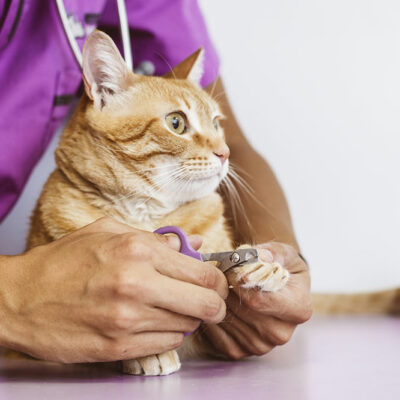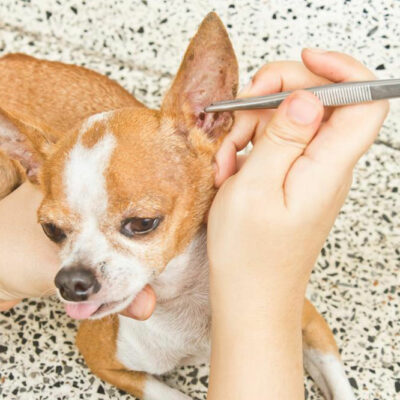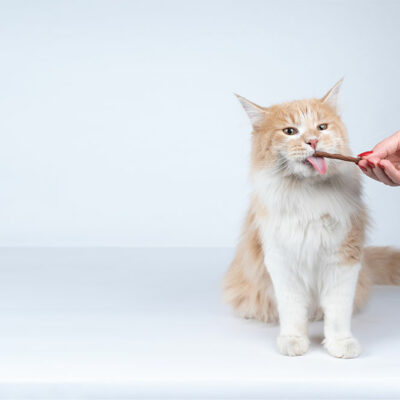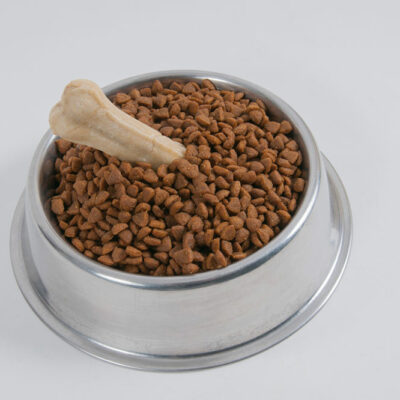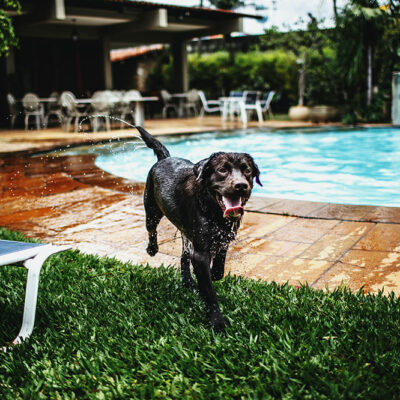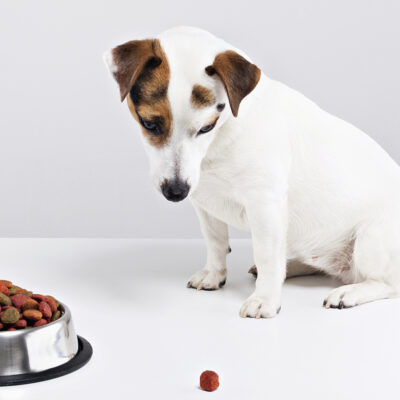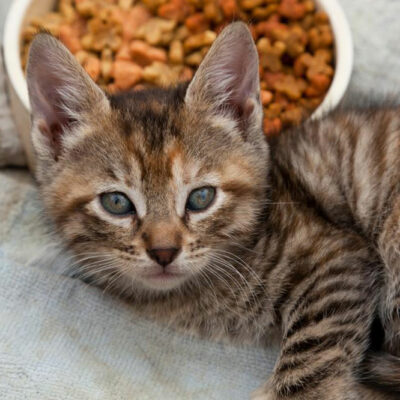
Pets
Essential Oils That are Safe for Cats
It’s difficult to get away from essential oils these days; you’ll find them in household cleaners, room fresheners, fragrances, candles, aromatherapy kits, and in certain medical preparations as well. While we love them, they may not be as safe for our pets. Cats are especially sensitive to essential oil toxicity if they accidentally ingest them, so it’s wise to keep essential oils out of reach of cats and dogs. While some essential oils can be dangerous for your feline friend, here are some that are safe for cats: Why are cats sensitive to essential oils? These oils are derived from plants and have certain highly-volatile, organic substances that confer flavor and fragrance to them. Essential oils are natural antibacterials and are great room fresheners. They can soothe and uplift your mood, but in animals, they are swiftly absorbed through the skin and pass into the bloodstream, from where they travel into the liver. Cat physiology is different from that of dogs and humans, and they lack certain enzymes necessary to metabolize essential oils that may contain phenols. This can cause serious damage to the liver with a gradual build-up of toxins. Symptoms of essential oil toxicity include vomiting, disorientation, lethargy, drooling, respiratory problems, tremors, and redness around the eyes, mouth, gums, and tongue.
Read More 